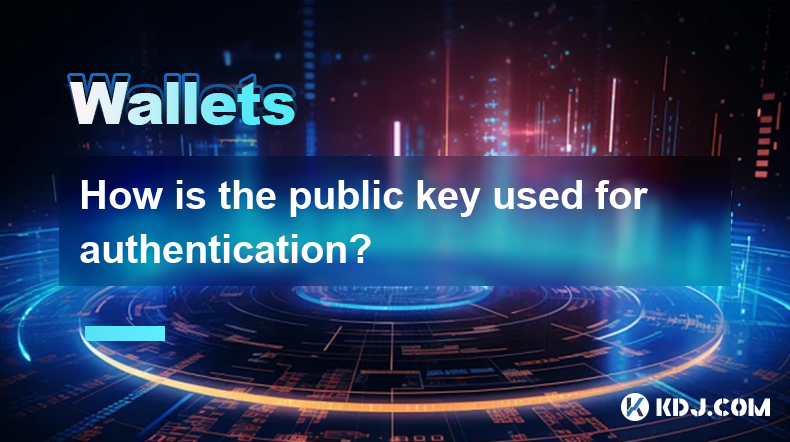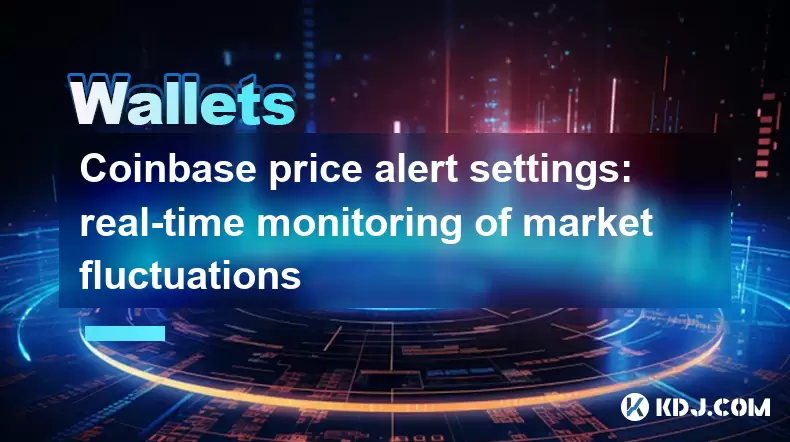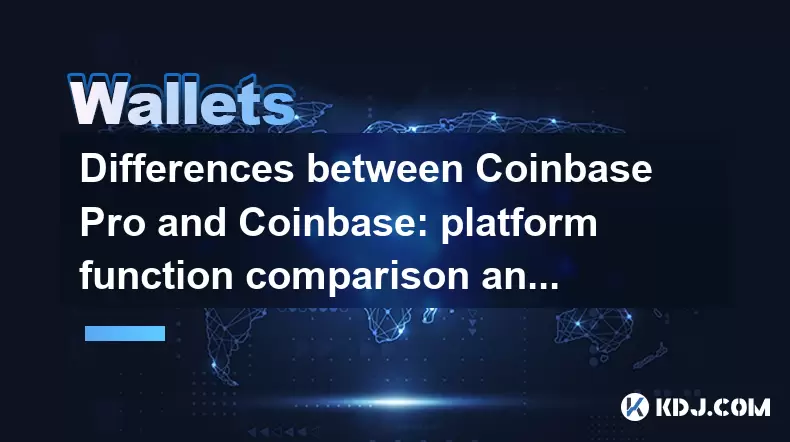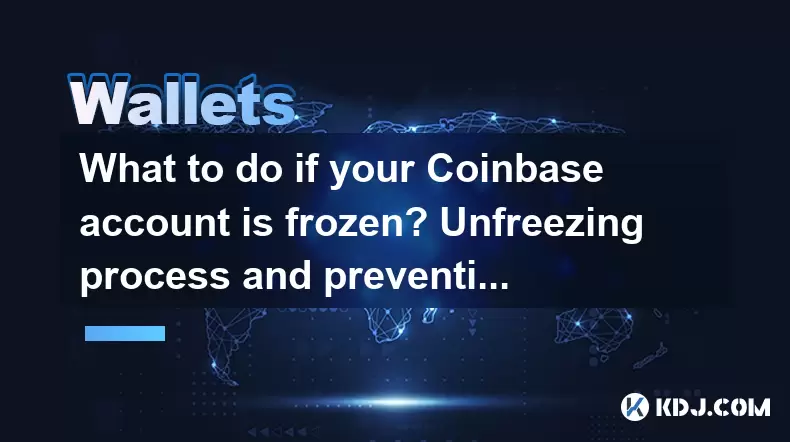-
 Bitcoin
Bitcoin $107,725.9156
0.27% -
 Ethereum
Ethereum $2,481.6786
1.84% -
 Tether USDt
Tether USDt $1.0003
0.01% -
 XRP
XRP $2.2154
1.26% -
 BNB
BNB $658.2447
1.42% -
 Solana
Solana $157.2028
4.24% -
 USDC
USDC $1.0000
0.02% -
 TRON
TRON $0.2788
0.91% -
 Dogecoin
Dogecoin $0.1655
1.00% -
 Cardano
Cardano $0.5714
2.67% -
 Hyperliquid
Hyperliquid $40.6187
6.30% -
 Bitcoin Cash
Bitcoin Cash $519.8117
5.84% -
 Sui
Sui $2.8338
0.59% -
 Chainlink
Chainlink $13.4150
0.60% -
 UNUS SED LEO
UNUS SED LEO $9.1205
-0.54% -
 Avalanche
Avalanche $18.0666
0.85% -
 Stellar
Stellar $0.2363
-0.46% -
 Toncoin
Toncoin $2.9550
2.57% -
 Shiba Inu
Shiba Inu $0.0...01151
-0.15% -
 Litecoin
Litecoin $86.2252
-0.57% -
 Hedera
Hedera $0.1498
1.51% -
 Monero
Monero $318.0620
3.18% -
 Polkadot
Polkadot $3.4174
-0.02% -
 Dai
Dai $1.0000
0.02% -
 Bitget Token
Bitget Token $4.5444
-1.05% -
 Ethena USDe
Ethena USDe $1.0003
0.00% -
 Uniswap
Uniswap $7.1773
-0.53% -
 Pepe
Pepe $0.0...09916
3.19% -
 Aave
Aave $274.7399
0.32% -
 Pi
Pi $0.5136
-2.06%
How is the public key used for authentication?
Public key cryptography secures cryptocurrency transactions using a pair of keys: a publicly shareable key for verification and a private key for creating digital signatures. Only the private key can generate a signature verifiable by its corresponding public key, ensuring transaction authenticity and integrity.
Mar 13, 2025 at 09:25 pm

Key Points:
- Public keys are fundamental to asymmetric cryptography, the backbone of many cryptocurrency security systems.
- Authentication using a public key relies on the mathematical relationship between the public and private keys. Only the corresponding private key can create a digital signature verifiable by the public key.
- The process involves digital signatures and verification, ensuring message integrity and sender authenticity.
- Different cryptocurrencies might use slightly varied implementations, but the underlying principle remains the same.
- Understanding public key authentication is crucial for comprehending cryptocurrency security and trust.
How is the Public Key Used for Authentication?
Public key cryptography forms the bedrock of secure transactions in the cryptocurrency world. Unlike symmetric encryption which uses a single key for both encryption and decryption, asymmetric cryptography utilizes a pair of keys: a public key and a private key. The public key, as its name suggests, can be shared freely, while the private key must remain strictly confidential.
The magic lies in the mathematical relationship between these two keys. They are intrinsically linked; anything encrypted with a public key can only be decrypted with the corresponding private key, and vice-versa. This inherent asymmetry is what allows for secure authentication.
Digital Signatures: The Heart of Public Key Authentication
Authentication in the cryptocurrency realm primarily uses digital signatures. When a user wants to authenticate a transaction (e.g., sending cryptocurrency), they use their private key to create a digital signature for that transaction. This signature is a cryptographic hash of the transaction data, signed using the user's private key.
Think of it like a digital fingerprint uniquely linked to the transaction and the owner's private key. This signature is then broadcast along with the transaction to the network.
Verification with the Public Key
The network nodes, and ultimately anyone who wants to verify the transaction's authenticity, use the sender's public key to verify the digital signature. If the signature is valid (meaning it correctly decrypts using the public key and matches the transaction data), the transaction is deemed authentic. This proves that only the owner of the corresponding private key could have created that signature.
The process relies on the cryptographic hash function's properties. Even a tiny change in the transaction data will result in a completely different hash, invalidating the signature. This ensures the integrity of the transaction; no one can alter it without detection.
Variations Across Cryptocurrencies
While the core principle remains the same, the specific implementation details might vary slightly between different cryptocurrencies. For example, some cryptocurrencies use different signature algorithms (like ECDSA or Schnorr signatures) or different hash functions. However, the fundamental concept of using a private key to create a signature verifiable only by the corresponding public key persists.
The security of the system rests heavily on the strength of the cryptographic algorithms and the secrecy of the private key. Any compromise of the private key would allow an attacker to forge signatures and potentially steal cryptocurrency.
Beyond Transactions: Public Key Authentication in Other Contexts
Public key authentication isn't limited to just cryptocurrency transactions. It plays a crucial role in other aspects of the ecosystem. For instance, many cryptocurrency wallets use public key cryptography to secure access. The wallet's private key is used to decrypt and access funds, while the public key is often used to receive payments.
Similarly, many decentralized applications (dApps) leverage public key authentication for user identification and authorization. This ensures that only authorized users can access sensitive data or perform specific actions within the dApp.
Common Questions and Answers
Q: What happens if someone gets my public key?
A: Your public key is designed to be public; sharing it poses no risk to your funds. The security of your cryptocurrency depends entirely on the secrecy of your private key.
Q: How are private keys generated and secured?
A: Private keys are typically generated using cryptographic algorithms. Securing them involves using robust wallet software and practices like strong passwords, offline storage, and hardware wallets.
Q: Can a public key be used to decrypt a message?
A: No. A public key is only used to encrypt messages or verify digital signatures. Decryption requires the corresponding private key.
Q: What if the public key is lost or compromised?
A: Losing access to your public key doesn't directly compromise your funds, but it can prevent you from receiving payments if others are using it to send you funds. It's crucial to keep a backup.
Q: How does public key authentication ensure transaction anonymity?
A: Public key authentication itself doesn't guarantee anonymity. While it verifies the sender's identity, the transaction details might still be publicly visible on the blockchain, depending on the cryptocurrency and its privacy features. Some cryptocurrencies employ additional privacy-enhancing techniques to mask sender and receiver identities.
Q: Is public key authentication foolproof?
A: While extremely secure, no cryptographic system is entirely foolproof. Weaknesses can exist in the algorithms themselves or in their implementation. Furthermore, human error, such as revealing private keys, remains a significant vulnerability. The security of the system relies on the strength of the cryptography and the security practices of the users.
Disclaimer:info@kdj.com
The information provided is not trading advice. kdj.com does not assume any responsibility for any investments made based on the information provided in this article. Cryptocurrencies are highly volatile and it is highly recommended that you invest with caution after thorough research!
If you believe that the content used on this website infringes your copyright, please contact us immediately (info@kdj.com) and we will delete it promptly.
- Coinbase, Altcoins, and Listings: What's the Buzz?
- 2025-07-01 00:30:11
- Chainlink's Bullish Signals: Investors Bet on Long-Term Value
- 2025-07-01 00:50:12
- Bybit, Kraken, and Tokenized Stocks: A New Era for Trading?
- 2025-07-01 00:30:11
- MicroStrategy, S&P 500, and Crypto News: A Wild Ride for Bitcoin and Beyond
- 2025-07-01 00:55:11
- Week Review: Neo Updates, Crypto Market Movers, and the Stablecoin Evolution (June 23-29)
- 2025-07-01 01:00:12
- Crypto.com & dYdX: Derivative Trading Revolutionized for Everyone
- 2025-07-01 00:35:12
Related knowledge

Coinbase price alert settings: real-time monitoring of market fluctuations
Jun 29,2025 at 07:00am
Setting Up Coinbase Price AlertsTo begin real-time monitoring of market fluctuations on Coinbase, users can utilize the built-in price alert feature. This function allows you to receive notifications when a cryptocurrency reaches a specific price point. To access this setting, open the Coinbase app or log in via the web platform. Navigate to the 'Prices...

How to stake cryptocurrencies on Coinbase? Benefits and risks
Jun 27,2025 at 06:36pm
Understanding Cryptocurrency Staking on CoinbaseStaking cryptocurrencies involves locking up digital assets to support the operations of a blockchain network, typically in return for rewards. Coinbase, one of the most popular cryptocurrency exchanges globally, offers staking services for several proof-of-stake (PoS) coins. Users can stake their holdings...

Differences between Coinbase Pro and Coinbase: platform function comparison and analysis
Jun 29,2025 at 08:21am
Overview of Coinbase and Coinbase ProWhen exploring the cryptocurrency trading landscape, users often encounter two platforms under the same parent company: Coinbase and Coinbase Pro. While both are operated by the same organization, they cater to different types of users and offer varying features. Coinbase is primarily designed for beginners and casua...

What to do if your Coinbase account is frozen? Unfreezing process and preventive measures
Jun 30,2025 at 03:49am
Understanding Why Your Coinbase Account Might Be FrozenIf your Coinbase account is frozen, it typically indicates that the platform has detected suspicious activity or potential violations of its terms of service. This could be due to a variety of reasons such as unusual login attempts, high-risk transactions, or incomplete verification steps. Coinbase ...

How to contact Coinbase customer service? Support channels and response times
Jun 28,2025 at 01:29pm
Contacting Coinbase Customer Service: Support Channels and Response TimesIf you're a user of Coinbase, reaching their customer service team may become necessary for various reasons, such as account verification issues, transaction disputes, or technical difficulties. Understanding the different support channels available and what to expect in terms of r...

Coinbase advanced trading function usage tutorial: limit orders and market orders
Jun 28,2025 at 09:07pm
Understanding the Difference Between Limit Orders and Market OrdersWhen using Coinbase's advanced trading features, it is crucial to understand the fundamental difference between limit orders and market orders. A market order executes immediately at the best available price on the market. This type of order ensures that your trade goes through quickly, ...

Coinbase price alert settings: real-time monitoring of market fluctuations
Jun 29,2025 at 07:00am
Setting Up Coinbase Price AlertsTo begin real-time monitoring of market fluctuations on Coinbase, users can utilize the built-in price alert feature. This function allows you to receive notifications when a cryptocurrency reaches a specific price point. To access this setting, open the Coinbase app or log in via the web platform. Navigate to the 'Prices...

How to stake cryptocurrencies on Coinbase? Benefits and risks
Jun 27,2025 at 06:36pm
Understanding Cryptocurrency Staking on CoinbaseStaking cryptocurrencies involves locking up digital assets to support the operations of a blockchain network, typically in return for rewards. Coinbase, one of the most popular cryptocurrency exchanges globally, offers staking services for several proof-of-stake (PoS) coins. Users can stake their holdings...

Differences between Coinbase Pro and Coinbase: platform function comparison and analysis
Jun 29,2025 at 08:21am
Overview of Coinbase and Coinbase ProWhen exploring the cryptocurrency trading landscape, users often encounter two platforms under the same parent company: Coinbase and Coinbase Pro. While both are operated by the same organization, they cater to different types of users and offer varying features. Coinbase is primarily designed for beginners and casua...

What to do if your Coinbase account is frozen? Unfreezing process and preventive measures
Jun 30,2025 at 03:49am
Understanding Why Your Coinbase Account Might Be FrozenIf your Coinbase account is frozen, it typically indicates that the platform has detected suspicious activity or potential violations of its terms of service. This could be due to a variety of reasons such as unusual login attempts, high-risk transactions, or incomplete verification steps. Coinbase ...

How to contact Coinbase customer service? Support channels and response times
Jun 28,2025 at 01:29pm
Contacting Coinbase Customer Service: Support Channels and Response TimesIf you're a user of Coinbase, reaching their customer service team may become necessary for various reasons, such as account verification issues, transaction disputes, or technical difficulties. Understanding the different support channels available and what to expect in terms of r...

Coinbase advanced trading function usage tutorial: limit orders and market orders
Jun 28,2025 at 09:07pm
Understanding the Difference Between Limit Orders and Market OrdersWhen using Coinbase's advanced trading features, it is crucial to understand the fundamental difference between limit orders and market orders. A market order executes immediately at the best available price on the market. This type of order ensures that your trade goes through quickly, ...
See all articles

























































































